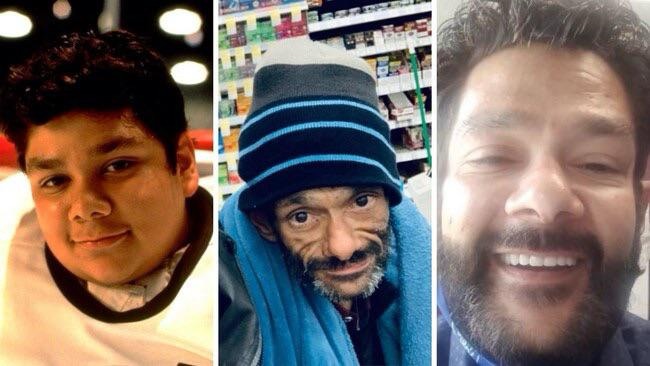Kayla first tried fentanyl as a troubled 18-year-old, growing up in North Carolina. I felt like literally amazing. The voices in my head just completely went silent. I got instantly addicted, she recalls. The pills were likely manufactured in Mexico, revealing the dark trade underlying America's addiction crisis. Every dose posed a life-threatening risk due to the unpredictable potency of the drugs.
In 2023, the U.S. recorded over 110,000 drug-related deaths, primarily driven by the prevalence of fentanyl, a synthetic opioid 50 times stronger than heroin. Yet, remarkably, in 2024, fatalities dropped by 25%, a significant shift largely credited to progressive harm reduction strategies and support programs implemented in states like North Carolina.
North Carolina's approach emphasizes the health and well-being of drug users over punitive measures. Kayla, now a participant in a law enforcement assisted diversion (LEAD) program, has witnessed firsthand the positive outcomes of these initiatives. By steering individuals away from the criminal justice system and toward recovery resources, the program aims to address the root causes and challenges associated with drug addiction.
If someone's stealing from a grocery store, we run their criminal history, explains Lt. Jamaal Littlejohn, pointing out the correlation between petty crimes and addiction. This insight has shifted law enforcement's focus to support alongside accountability.
Through programs like LEAD, individuals struggling with addiction gain access to housing, job training, and treatment programs designed to help them. Kayla's revival story is a testament to this transformative approach: she has transitioned from a life of addiction to working as a certified nurse assistant.
As medical professionals like Dr. Eric Morse advocate for a nuanced approach to treatment, harm reduction remains a key strategy. While critics argue that medications like methadone only replace one addiction with another, research shows that many patients significantly reduce their opioid intake and improve their overall well-being.
Overall, North Carolina’s efforts exemplify a shift in addressing addiction through health-centered policies and programs, fostering an environment where recovery is supported and celebrated. As Kayla reflects on her progress, she feels more alive than ever, eager to continue her journey toward a drug-free life.
If you’ve been affected by the issues in this story, help and support is available via the BBC Action Line.






















